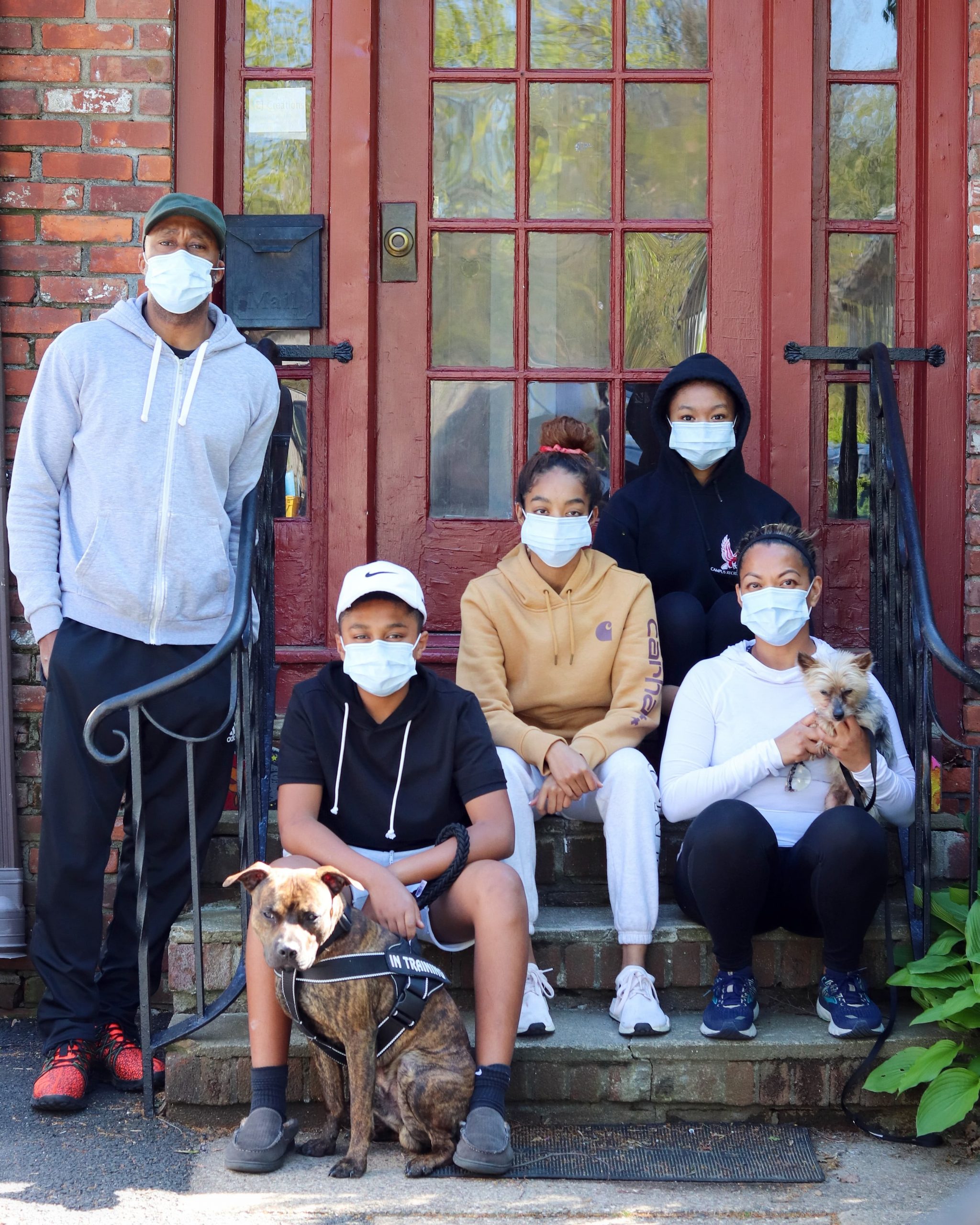When teens are struggling, whether it’s with psychological, emotional or behavioral issues, the environment and influences around them can make a world of difference.
Influences in The Home
Struggling teens need nurturing and supportive parents and family. They need to be supervised and disciplined in a consistent and appropriate manner. They need to feel safe and loved in their own homes. Every family experiences problems, conflicts, and stressful events, but it helps teens in the family if their perspective on the situation is considered, and they feel they are part of the plan to solve the problem or deal with the stressful situation.
Influences within Peer Groups
Peer groups are also a strong influence because teens place a high value on social comparisons. Adolescents use peer feedback to help develop their own identity. Both attitudes and behaviors are affected by the peer group. Teens with social anxiety and low self-esteem are the most susceptible to peer pressures. When teens are stressed and going through times of transition, they are most likely to conform to the behavior of their peer group.
Influences at School
The move from middle to high school is one of the most difficult transitions for teens. They report more anxiety and loneliness at this point. Adapting to a new, and usually bigger, school, navigating new teachers and new peer groups are overwhelming challenges for some teens.
- A national survey of teens (the Peer Relations Project) showed that 70% of students had been bullied at some point in middle school or high school.
- From 5-10% reported being bullied consistently. Here’s an astounding quote from that study, “Young people ages 8 to 15 report that they are more concerned about emotional maltreatment and social cruelty than they are about anything else, including their academic achievement.” (https://www.ncbi.nlm.nih.gov/books/NBK53409/)
Schools are a complex environment containing different social structures and peer groups. The quality of teachers and instruction is important, but schools also need to provide adequate security, monitoring, counseling, and activities.
Influences in the Community
The norms and values of the community where teens live and the available social and recreational resources also affect the lives of teens, as well as their families. We’re more likely to thrive in communities where members help each other in times of trouble and in communities that provide social support and economic development.
Influences in Media and Technology
Media and technology have also become strong factors in the lives of teens. Technology is portable, it’s everywhere, and it’s integrated into nearly every aspect of adolescent life. In many ways, for adults and teens, technology is both good and bad, depending on how it is used.
Through media teens are exposed to ideas, images and behaviors that can influence their attitudes about every aspect of their lives, including sex, violence, substance abuse, and other negative behaviors. Technology can also provide useful information. It can be a resource for getting help or making social connections. While media use by younger children should be monitored by adults, teens have access that is difficult or impossible to control. Teens are better able to process and realistically evaluate what they see in the media if they have developed a strong sense of self and strong bonds with parents and teachers, and if they have social networks and resources available to help when needed.
As teens struggle to cope with the demands and pressures in their environments, especially those of school, home, and peers, they don’t always know how to deal with their emotions, such as anger, anxiety, and frustration. They may lash out with hostility and aggression, or engage in risky behaviors. Sometimes the best option is to completely remove teens from the environment where they are struggling to cope and give them a fresh start. In a residential treatment center, teens have a safe space to learn about themselves, to learn coping skills, social skills, and ways to handle the frustrations and problems in life. With these skills, they can thrive in almost any environment.











0 Comments